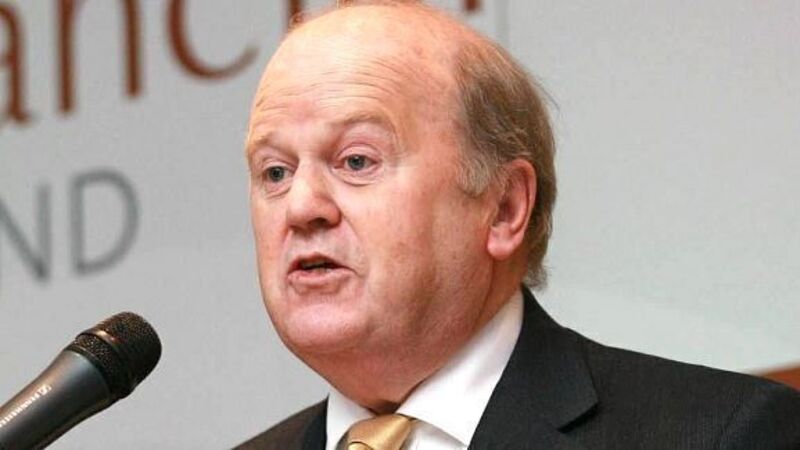Opposition politicians pledge to renegotiate 'bad deal'

Opposition politicians tonight vowed to renegotiate the €85bn bailout after next year's General Election.
The massive bank and State loan facility was passed by the Dáil with the crucial support of independents but also with promises from Fine Gael and Labour to get a cheaper deal.













